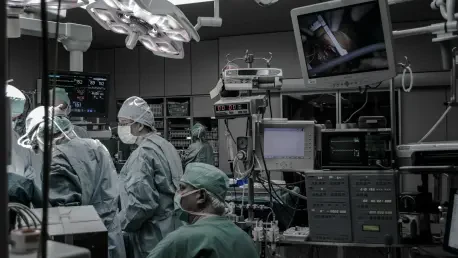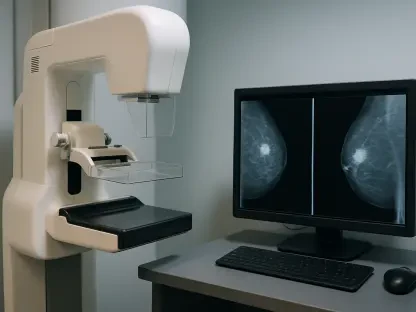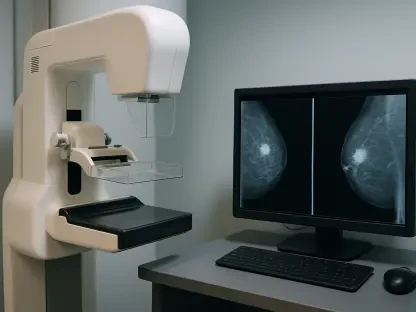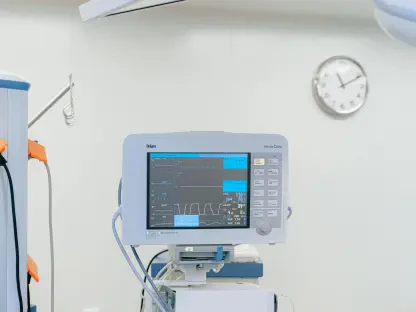Amid growing concerns over the future of healthcare innovation and fiscal responsibility, a significant push from Republican lawmakers has emerged, urging the Center for Medicare and Medicaid Innovation (CMMI) to redirect its focus toward cost savings and enhanced transparency. This movement has sparked intense conversations among policy stakeholders as debates resurface over the CMMI’s alignment with its original Congressional objectives.
Call for Policy Redirection
Recently, Republican members of the House Ways and Means Committee dispatched a letter imploring the CMMI to realign its strategies. They argue that the organization’s current emphasis on political themes, such as health equity, has overshadowed its legislative priority of maximizing financial efficiency and transparency. Central to the lawmakers’ stance is the belief that current trajectories undermine the very foundation of pragmatic financial stewardship that should govern healthcare models. Their calls have resonated within both political and healthcare circles, highlighting the urgency of redefining priorities amid mounting federal healthcare expenditures.
Key Highlights of the Debate
As the dialogue unfolds, prominent figures and policymakers have echoed the Republican lawmakers’ concerns about the current direction of the CMMI. The claim is bolstered by findings from a Congressional Budget Office report that indicates the CMMI’s initial decade of operations inadvertently led to additional federal expenditures. The committee’s communications suggest an impending series of policy discussions aimed at recalibrating CMMI’s focus toward solutions that inherently promise government savings and improved healthcare quality while deemphasizing less impactful political endeavors.
Strategic Concerns and Public Engagement
A noteworthy aspect of the debate is the call for expanded transparency and stakeholder involvement during CMMI’s model design phases. By fostering improved dialogue between healthcare providers and policymakers, there is optimism for collaborative advancements that could yield more precisely tailored healthcare models—benefiting from a richer pool of feedback and insight. Republicans underscore the relevance of mechanisms such as workshops and forums, which enable sector participants to voice experiences and suggestions actively, thus shaping more informed policy outcomes going forward.
Proposal for Innovation and Cost Efficiency
The discourse also touches on innovative approaches to efficient medical practices that align with Republican principles of economic prudency. Efforts such as halting certain less productive payment models reflect a step toward cost-effective governance that minimizes unnecessary financial outlays. Furthermore, addressing issues in rural healthcare remains a crucial advocacy point, aligning resource allocation with tangible regional needs while adhering to efficient spending practices.
Implications for the Future
Considering the potential long-term effects of successfully realigning CMMI’s focus, the implications on healthcare policy and industry trends could become extensive. The ongoing discussions illustrate a significant crossroads, where the navigation between prompt cost-saving measures and health improvement intersects with broader healthcare system dynamics. These debates suggest a pivotal shift towards redefining actionable steps, offering a glimpse into the potential reformation of a more balanced and financially secure healthcare system shaped by informed public engagement.
In retrospect, this event underscored a critical juncture within the realm of healthcare policymaking, where fulfilling bipartisan objectives and recalibrating strategic focuses promise to shape the path toward sustainable and transparent healthcare innovation for the years ahead.









